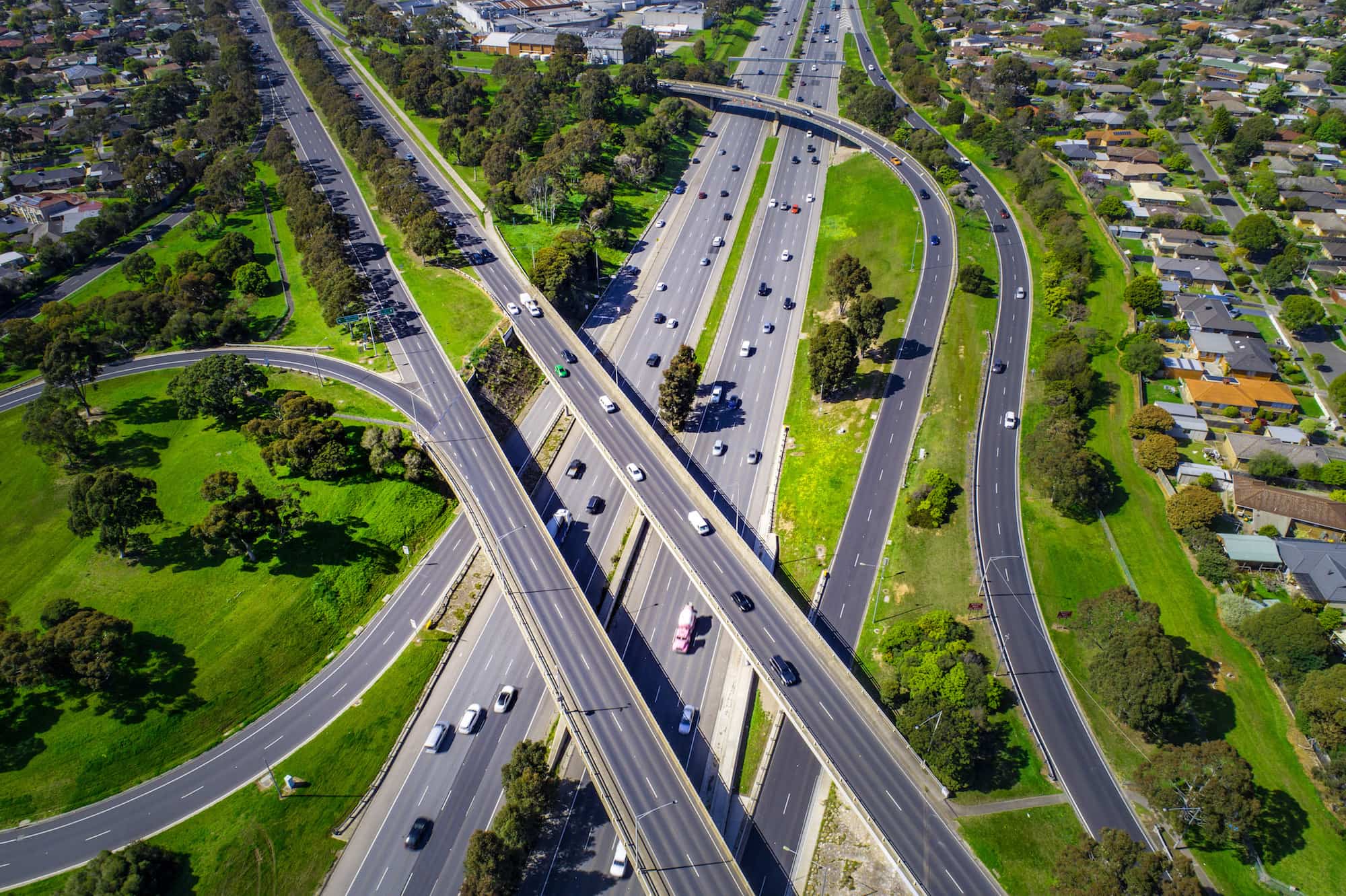- RESOURCES

On Tuesday this week, telecommuting decisions by local employers nearly eliminated rush hour traffic in the Bay Area. Published photos of afternoon traffic maps show an extraordinary contrast between a typical Tuesday afternoon of all-encompassing red-hued gridlock and this week’s snapshots that might as well have been taken at 5 a.m. in the morning – a few small isolated congested spots among miles and miles of open roads.
This isn’t a harbinger of things to come, but it may be an indicator or even a catalyst. It will be interesting to see what lasting impact this pandemic will have on telecommuting, and by extension on traffic, tolling, and multimodal services.
Most likely, traffic will return in the short term, largely as it was before coronavirus (COVID-19). But the fundamental changes in remote work – telecommuting attitudes, policies, procedural accommodations and the supporting technology platforms – will have already taken place in the weeks of widespread quarantines and social distancing. The long-term effect of these changes will be a noticeable increase in the remote worker population across the entire economy, which will take place over the next few months – or perhaps a couple of years. It is pretty obvious that there will be a corresponding adjustment in the demand for congestion management solutions. That’s not quite the solution to our congestion woes we have been looking for, but it will undeniably change the congestion dynamics and the ongoing policies and projects to address them.
Less straightforward is the effect this change will have on mobility on demand (MOD). Theoretically, reduced commuting will lead to reduced car ownership and the increased need for mobility-as-a-service (MaaS). But as it is always the case with mobility at this early stage, an impact from a new societal trend may send smart mobility and smart cities concepts in an entirely new direction. Keeping up will be a very interesting challenge for transportation agencies and integrators alike.